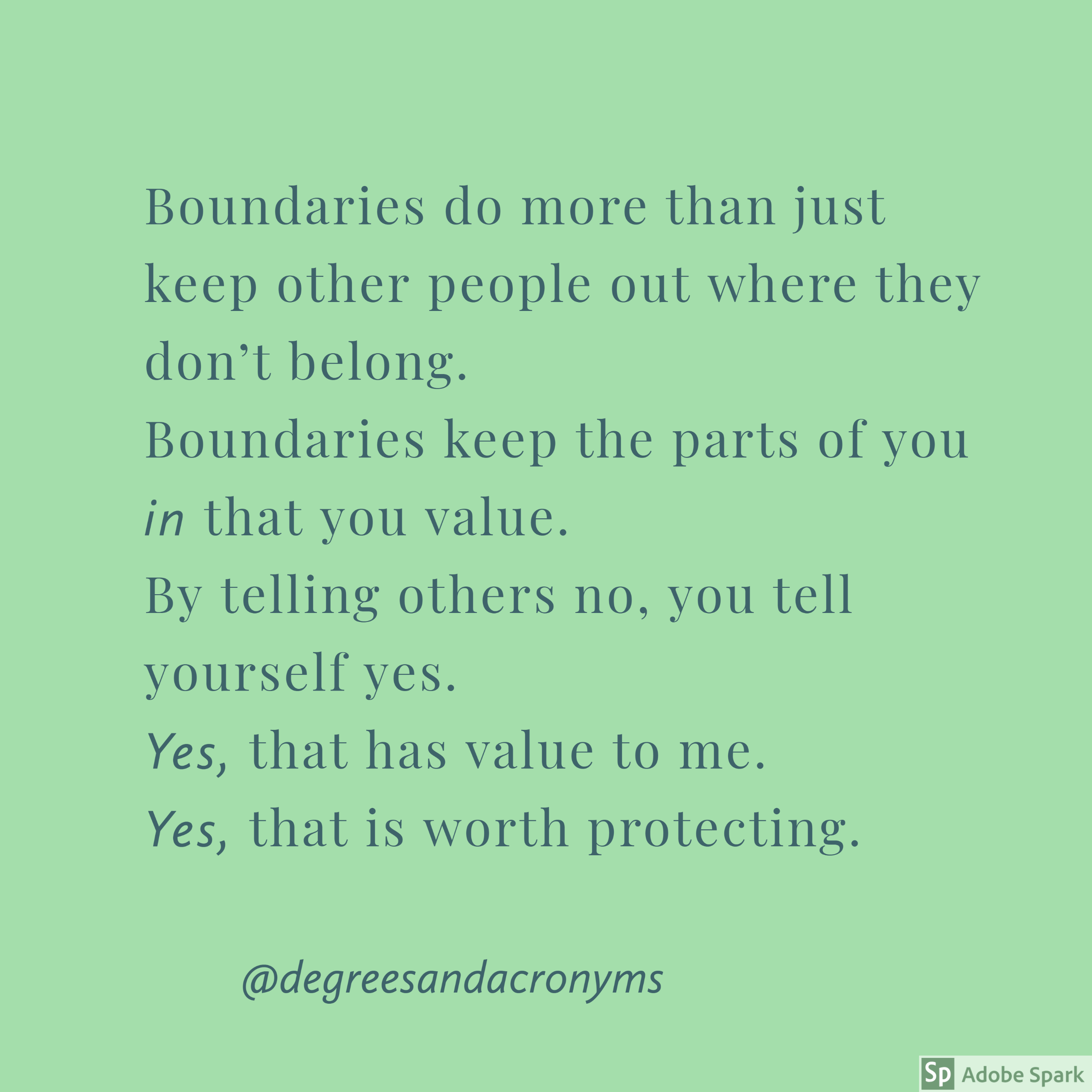I love my students.” “I absolutely love the kids, the kids are great. It’s the adults that bug me.” “We do it for the kids.” “Find your why, remember your why.” I feel like I should justify myself by saying some of these things. Why do I feel the need to preface my decisions with this? I DO love my students and love kids in general, although right now I don’t always like or love some of the behaviors or the chaos. I can’t keep showing up every day as a teacher if it is only because I love my students. I read a quote the other day that said “Don’t let yourself go back to your old job like an abusive relationship just because it is familiar.”
At this point in the year, sticking around for one benefit isn’t so beneficial anymore as everyone is getting burned out and tired of each other. While I am someone that wants to focus on the good things, right now that is particularly hard and it doesn’t negate the negative consequences of the drawbacks. I’m someone that will stick with something until there absolutely isn’t another option, however, this can lead to not asking for help or doing things the hard way just so I can say I tried. I tell other people all the time “you don’t have to do life in hard mode.” I need to start telling this to myself now.
I have been struggling since the beginning of the year with work and balancing work-life stress. I have developed some pretty solid boundaries and have been able to address things in therapy that I was able to avoid up until now. Through this process, I have been telling myself “it is okay if what used to serve you no longer serves you well.” We all have a breaking point, but more importantly, we all have a capacity for growth and development in the environment we are in and sometimes we need to seek out sunshine and water in a place to help us continue to grow.
In the process of changing jobs or career fields, it is really important for me to remember to avoid contingency plans with myself. Contingency plans say “once ___ changes, I will be happy.” There is so much that I can give to myself in the present. Right now I am experiencing less lateral growth and more vertical growth. That sounds very tech-bro, doesn’t it? What I mean is that instead of focusing on changing my circumstances, I am working on myself and my relationship with myself. More important- my relationship with the Lord.
As I focus on my relationship to self and to God, I am reminded that I need to show grace to myself and to allow and to give myself the things I am lacking. If I am lacking external support- find support in God or in scripture. If I am lacking relationships, prioritize my relationship with Christ and with the people present in my life. On the surface, this might seem like a tactic to distract myself or to divert energy, but when we invest in our relationship with God it is never one-sided. Giving myself to Christ does not deplete me of myself. When I give myself to Christ He also gives back to me. “Ask and you shall receive.”
Back to the title of this post- what happens when loving something isn’t enough? When my love for something returns void, it might be that I am being asked to love something else right now. It is not inherently wrong to love my students, but sometimes my perceived love for something might be a disordered affection and something that is detracting from my love of God. Yes, I love my students and children in general, but I want to love God more even if that means that He is calling me to something else. I can’t adequately love my students the way Christ loves them. If anything, I can relay just some of the love of God to my students. One of the definitions of an idol that I like is the term “false loves.” Or maybe you have heard of “counterfeit loves.” It seems good, maybe even sacrificial, but ultimately it serves the self or anything other than the person of Christ.
In this way, my love of my students may be good and sacrificial, but underneath it is the desire to be approved, the desire to be honored, the desire to be esteemed, and ultimately pride. Pride is the thing that keeps me from growth. Pride says “I know there is more out there, but at least I can do ____.” Pride focuses on the easy, on the familiar. It might sound contradictory to view an unhealthy work environment as prideful, but when I look at my heart attitude I realize that pride is the thing that makes me stubborn. Pride keeps me from asking for or receiving help, and it makes me focus on how I am perceived.
I like to imagine the humility it takes to do things in life without shame, and without fear of judgment because the root of pride is not there. I am starting to understand that when we adopt a stance of humility in our hearts, so much of the power of Christ can take over and do great things. I am at a point in my life where I need Christ to take over, and I want to be ready to see where He takes me.


